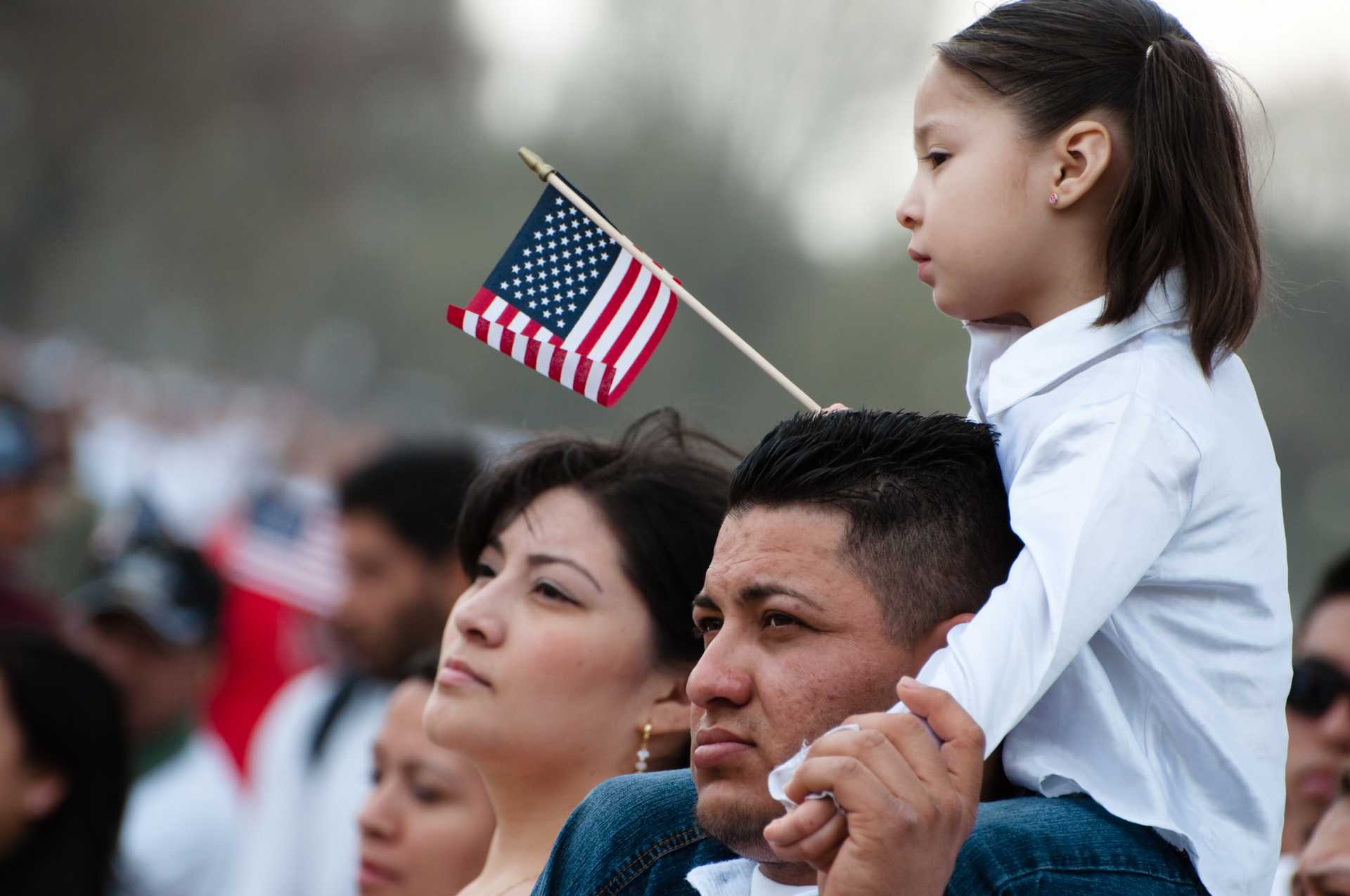Department of Justice Sued by Judge for Discrimination, Pays $200,000
Recently, the Department of Justice settled in a lawsuit brought against the agency last year by Immigration Judge Ashley Tabaddor. Of Iranian descent, Judge Tabaddor said her superiors at the DOJ ordered her not to hear any cases that involved Iranian nationals. NPR official transcript
An immigration judge since 2005, Tabaddor was invited to a White House meeting with other Iranian-American community leaders. According to a released statement, Judge Tabbador’s superiors recommended that if she attended the meeting she should recuse herself from all immigration cases involving Iranians. Tabaddor claimed that when she returned from Washington the recommended recusal turned into an order.
In particular, the complaint alleged that the DOJ’s blanket recusal order was unlawful and discriminatory under Title VII of the Civil Rights Act of 1964, and violated Judge Tabaddor’s First Amendment rights of free speech and association.
“The unprecedented blanket recusal order imposed on Judge Tabaddor for her civic engagement with the Iranian American community is discriminatory and unlawful,” said Laboni Hoq, Litigation Director at Advancing Justice.
Tabaddor’s claim additionally stated: “Unless the agency (DOJ) is prevented from having unbridled power to issue recusal orders against immigration judges, based on their race, national origin, religion or perceived interests, the effect is that immigration judges will be improperly manipulated and intimidated by Justice Department officials, and their decisional independence will be severely threatened.”
On Tuesday November 3, Judge Tabaddor’s attorneys announced that the Justice Department had agreed to lift its order, review its recusal policies and pay her $200,000.
Recommended Articles

SCOTUS clarified that a legal permanent resident alien can be physically in the U.S., commit a criminal offense, and still be inadmissible.

Fifth Circuit: Former Informants Are Not Protected Group

The Secretary of Health and Human Services has asked the Pentagon to add 5,000 more beds for young people. During last year’s surge of undocumented persons, the military opened emergency shelters to house the migrants at bases in Oxnard, San Antonio and Ft. Sill, Oklahoma.

On September 26th, 2015 U.S. District Judge Dolly M. Gee granted final approval of the settlement in Franco v. Holder, paving the way for previously deported immigrants with severe mental disabilities to request to reopen their cases in Immigration Court, and if approved return to the United States.

The defense attorney has an affirmative duty to properly advise. It is not enough to say it is a “possibility” under those circumstances.

About Michael Harwin
Michael’s skill and experience have been recognized repeatedly. He holds an A-V 5/5 preeminent rating by Martindale Hubbell. He has been named one of the top lawyers in Arizona by Southwest Superlawyers, and one of the best lawyers in Tucson by Tucson Lifestyle Magazine. He also has been named one of the best lawyers in the United States by BestofUS.com , and given the highest rating possible by AVVO, 10/10 Superb. Amazon Books

